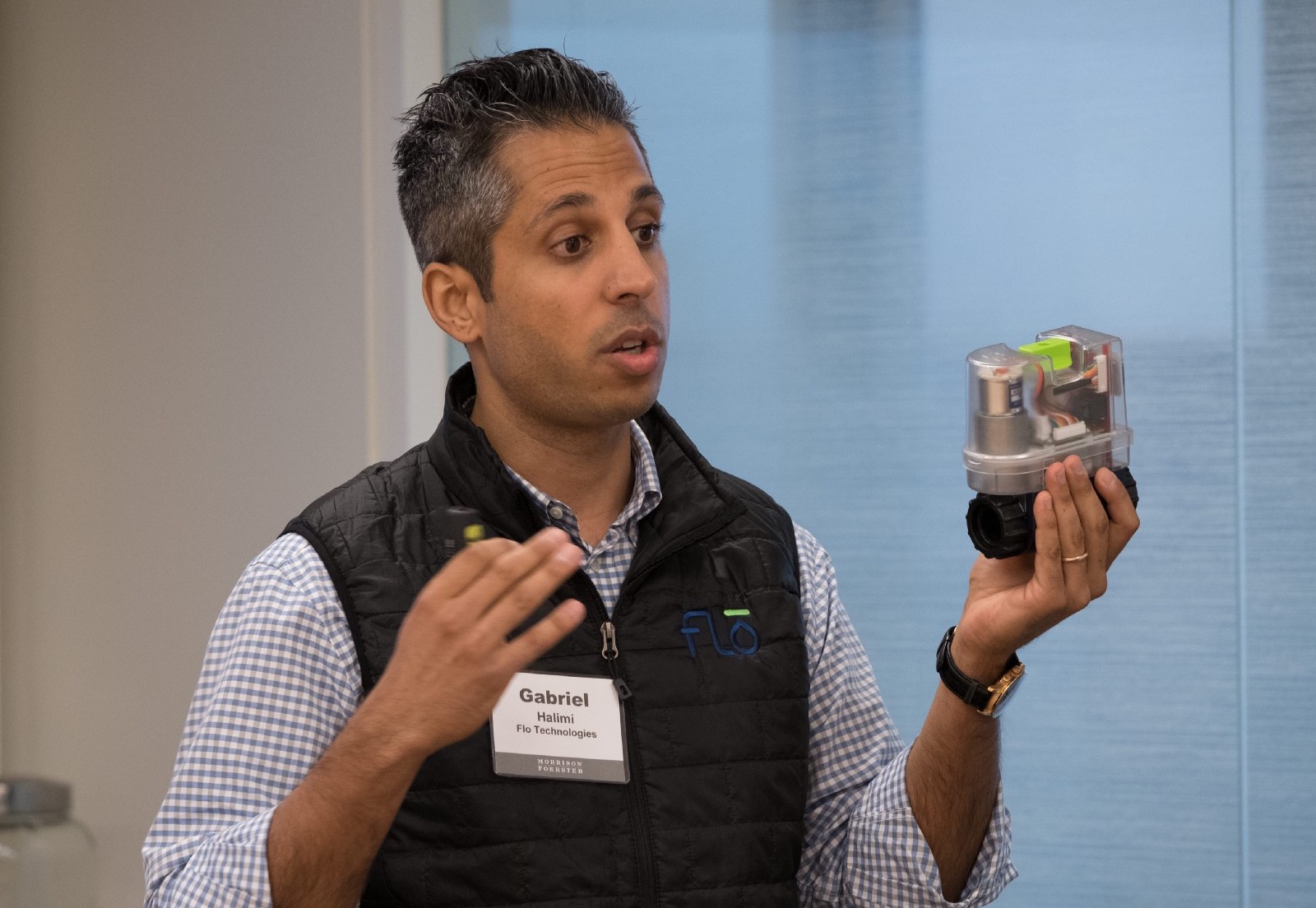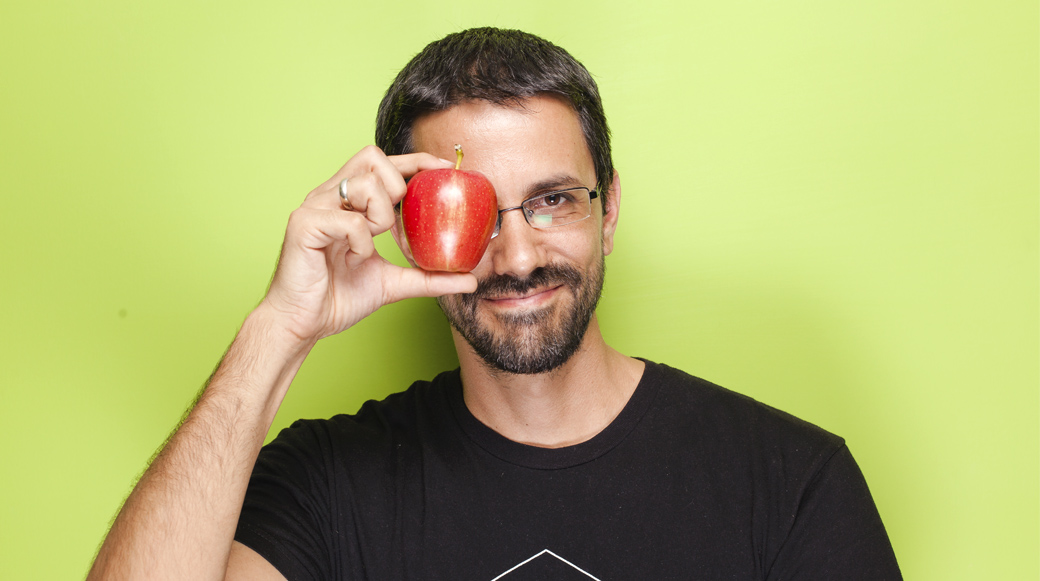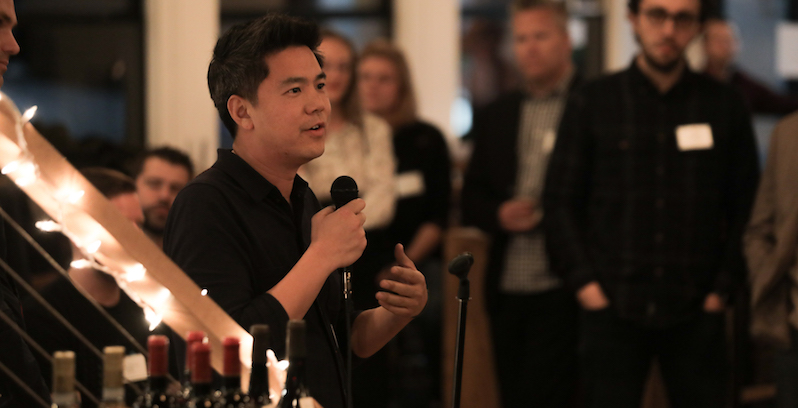
“Hardware is hard”, said Gabriel Halimi, Co-Founder of Flo Technologies, when asked what risks he sees down the road for his hardware startup. Indeed, it’s all in the name, and the stats back it up. After raising a total of $930M, 10 year old hardware startup Jawbone announced it was selling off its assets in July of 2017. E-cig brand Injoy sold its assets after $181M raised, and we all know what happened to Juicero. The list goes on.
“There’s infinitely more things that can go wrong [with hardware] when compared to software. You can’t just release a fix if your hardware breaks down.”
At 25 employees and $11.3M raised, Flo Technologies, a security system for your home’s water, is poised to take on the market this year. So how does a budding hardware startup like Flo de-risk? According to Gabriel, it’s about:
- Having a background in the market you are chasing
- Understanding the goals of your customer
- Choosing an investor who gets your product
- Testing, testing, testing your product!
Q: What led you to the decision to commit yourself to Flo?
Gabriel: I’m actually an attorney by trade— I went to law school at night and worked full time during the day, always knowing I wanted to do something entrepreneurial, but liked the idea of having a legal background. While in law school I worked for a plumbing manufacturing company helping deal with their product liability claims, a career step that eventually led to Flo.
My dad was an expert in plumbing, had his own plumbing manufacturing plant and became an expert witness advising other plumbing companies in product liability claims they received. During law school, one of his plumbing contacts hired me as their internal claims manager. While my dad was dealing with all these catastrophic claims as an expert witness, I actually worked in-house at one of the plumbing companies as a claims manager. We shared this experience of being overwhelmed by these huge water loss claims happening in homes.
What really brought this together for my dad and I was when we actually had a catastrophic water failure in our own home. A 25 cent part failed while we were in New York City for the weekend (we live in LA). It turned out to be an almost $300,000 claim. I ended up living in a hotel for six weeks!
At that point I really understood what millions of homeowners were suffering through every year. We have smoke alarms, sprinklers and burglar alarms, and yet our plumbing was just as dumb as it was 50 years ago. That’s when my dad decided to invent the right solution. And I remember sarcastically saying “cool dad you should do that”.
Years later, I went into our garage and my dad showed me the early prototype of what became the Flo device. Times had changed a lot since the flood in our home— we now had a connected home space that was really blowing up, and the need to conserve water was only becoming more and more important as we were entering our 5th straight year of emergency drought conditions in California. And that’s when we decided to really go for it.
The need to conserve water is only becoming more and more relevant in our 5th straight year of emergency drought conditions in Southern California. @gabehalimi @flotechnologies
Q: Your co-founder is your father. Many founders struggle to find the right co-founder. What was your thought process behind deciding to go into business with him?
Gabriel: Yes, Henry Halimi. He’s the plumbing expert and inventor behind the technology. It’s really difficult to build the kind of momentum you need without a co-founder. A co-founder is an important sounding board and one to share the weight of the responsibility. Choosing a co-founder is like choosing a spouse, in my opinion. You want to choose someone you genuinely like, that compliments you, and that you can disagree with. In my case though, I didn’t really have a choice, but I’m lucky to build something so special with him :)
Q: How did you get your first customers? After you hit your stride, how did you scale up customer acquisition?
Gabriel: We found our first customers through many, many conversations. Understanding the goals of the customer is key. At the moment, we’re having success selling through professionals; plumbers and contractors who are in a position of trust, who are visiting with homeowners regularly when they have a problem. We’re turning them into partners and a salesforce for the company.
Over 2% of homeowners in the United States every year have a water damage claim, that’s well over one million homes. There are tens of millions of other homes with plumbing problems. Arming the plumbers and specialists who solve those problems with Flo makes for a great source of referrals and sales. Selling Flo systems are not only a great source of revenue for them, they get to provide excellent service and be the hero to the homeowner as well. Our technology does a fantastic job identifying issues in the water system. The cornerstone of our technology is about being proactive, not reactive. We detect vulnerabilities anywhere in the home water system, before they become a huge problem. The plumbers and contractors who sell our product to their customers get called to fix these problems before they become larger, so it’s a win for everyone.
Understanding the goals of the customer is key. @gabehalimi @flotechnologies
Q: You’ve raised $11.3M for Flo so far. How did you find your lead investor?
Gabriel: Crosslink Capital led our Series A and invested in our Seed. I was introduced to them via one of their portfolio companies. Getting a warm introduction is key; cold calls never worked well for me. This makes networking extremely important.
Q: Fundraising is different for founders in hardware. Can you talk about some of the challenges you faced and how you overcame them?
Gabriel: That’s definitely true. There are certain investors that won’t even look at hardware because of the challenges there. First, I talked to everyone. I sought out advisors and founders that also had hardware products and asked them what investors they were looking at. After doing some research, I created a database of potential hardware investors.
I also researched the portfolio companies of the firms I was going after and tried to find common threads. For example, if a firm had invested in Ring, they might have a theory about safety in the home and be able to leverage that experience towards our product. And that approach was how I focused my attention on who to talk to.
Ultimately I met Crosslink through one of their portfolio companies. The CEO of this portfolio company happened to be a friend of mine and he made the intro. But outside of that, they were a great fit for us. One of the partners there, Eric Chin, was an early investor in Dropcam (now the Nest security camera) so he understood the importance of home safety, and the challenges associated with hardware. And he was able to leverage his experience to help me navigate those waters.
Finally when it comes to fundraising, there’s nothing like having a top notch team. I have a very technical co-founder who has manufacturing expertise. So we weren’t starting from zero. Investors invest in people, and they invest in a story. If you have the right team and the right narrative, that’s what they’re investing in. You don’t have a billion dollar product when you’re raising your seed round. You’re really convincing them that the team can keep meeting the challenges that the business is going to face.
When it comes to fundraising, there’s nothing like having a top notch team to help. @gabehalimi @flotechnologies
Q: What is one thing you wish you knew at the beginning of your journey as a founder that you know now?
Gabriel: Whether you like it or not, you’re the boss and the buck stops with you. You’re not only responsible for sales, building momentum, keeping a low burn-rate, etc., but you’re the Chief Cultural Officer of the company. If you don’t intentionally develop the right culture for your company, it will be made for you. And that work never stops. Just as the company is always evolving, so is the culture.
Q: How many employees are you now at Flo? What steps have you taken to build your own unique culture at the company?
Gabriel: We’re at 25 employees. It’s something that I still find challenging, as much as I’m proud of who we are, the culture is still being developed. In my opinion, the culture really depends on the stage. When we were first starting up, everyone was working super hard, but when we reached a certain stage, we had to start pacing ourselves — to avoid burnout. Initially, we had unlimited vacation. What that really means is no one takes vacation. So one of the things we’re trying to implement now is a culture that strongly encourages people to take time to completely disconnect. It’s important for efficiency, but even more important for mental health.
Part of my strategy for focusing on culture is bringing in C-Level execs who will spread that culture. One of my early investors just became our Chief Strategy Officer, and he’s writing a book about the importance of fixed breaks. Part of what he brought with him was a disciplined mindset of taking time off. He takes a digital sabbath— which means he doesn’t use tech on Saturdays. I just did it for 24 hours, I took the day off with my wife and twins. It was difficult but I see the importance of it. It gives you a chance to not get caught up in the day to day, to take a step and think about big picture— which is so important for a CEO.
Q: What’s next for you? What are the risks that you see moving forward?
Gabriel: Hardware is really hard. There’s infinitely more things that can go wrong when compared to software alone. You can’t just release a batch if your hardware breaks down. Releasing the first big production of Flo Devices into the world is the biggest risk right now. We’ve developed and tested the product for years so I feel comfortable, but the risk is undeniable.
Hardware is really hard. There’s infinitely more things that can go wrong when compared to software. @gabehalimi @flotechnologies
Gabriel will be discussing his journey founding Flo Technologies in an intimate session with our founders on April 26th at Impact Hub LA. If you are a full time tech founder and interested in attending, please RSVP here.






